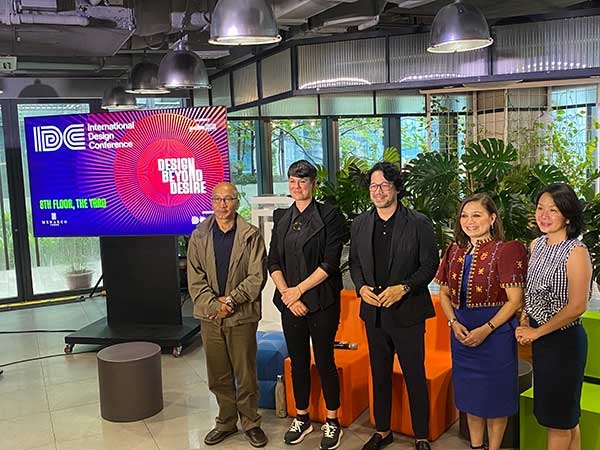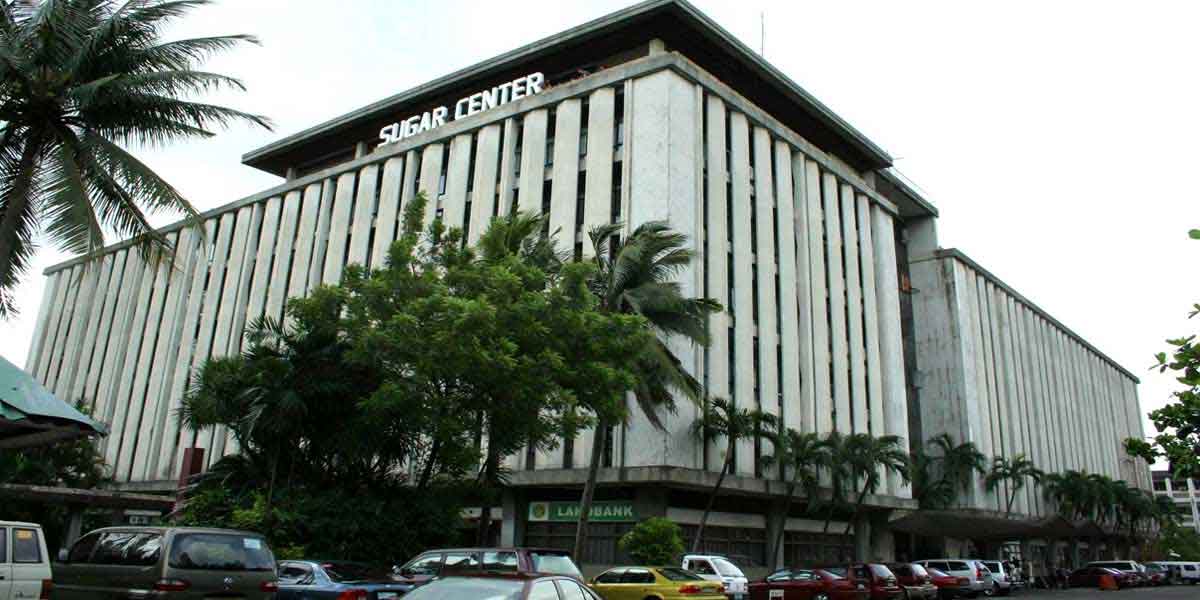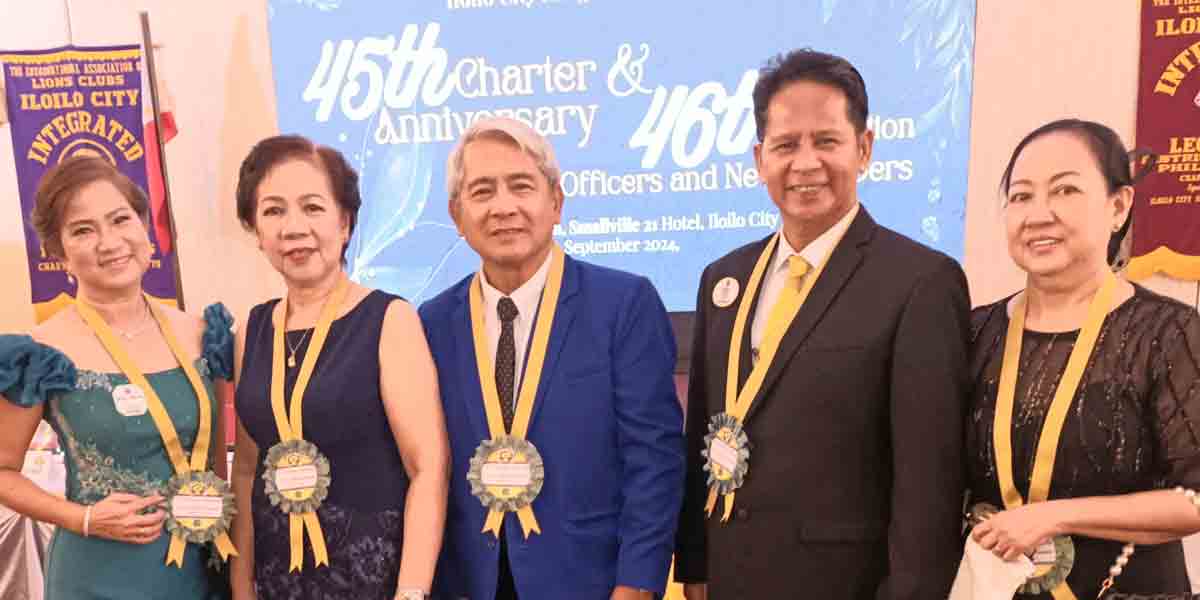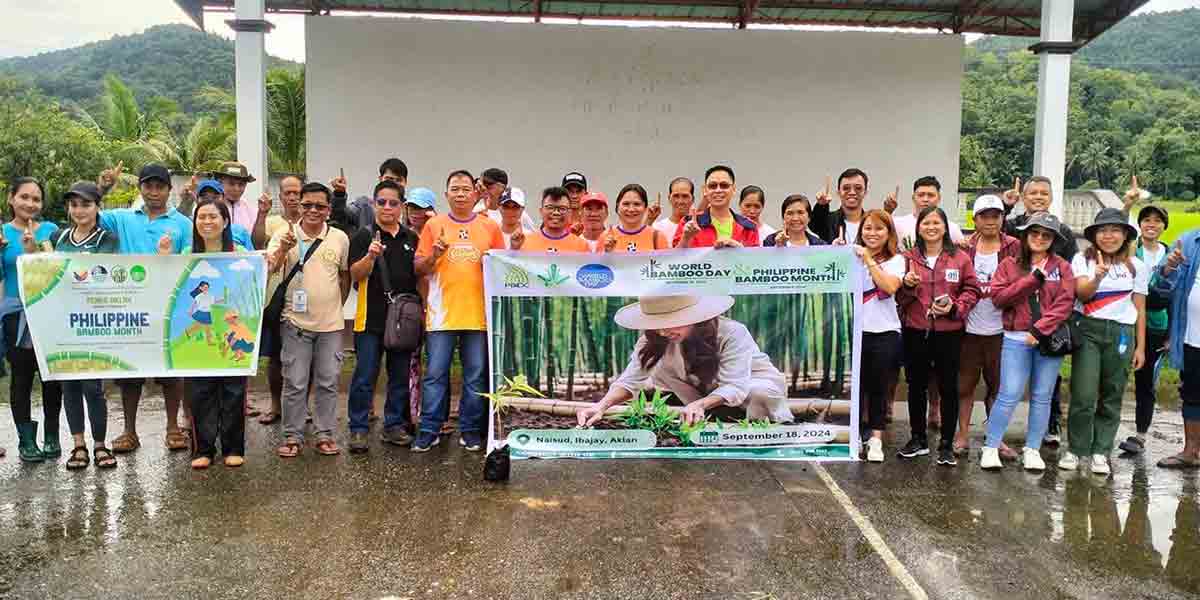
By Joseph Bernard A. Marzan
The 8th International Design Conference (IDC), hosted by the Department of Trade and Industry (DTI)-Design Center of the Philippines (DCP), begins today, September 20, highlighting the impact of design on people’s lives beyond form and structure.
With the theme “Design Beyond Desire,” this year’s event will feature 60-minute ‘Ignite’ sessions that explore relevant topics through discussions with 16 panelists from various design sectors. The sessions will cover subjects such as:
- The Pursuit of Gross National Well-Being, which explores how a focus on well-being can transform public policy, services, and spaces;
- Once Upon a Place: Designing Authentic Identities, which looks at how design and storytelling shape authentic identities and reputations;
- Blind Algorithms and Society 5.0, which examines how design can create a more inclusive, hyper-connected society; and
- Designing Beyond Desire, which delves into the role of values, ethics, and sustainability in design.
Some of the speakers previewed the conference topics during a media event on Wednesday, September 18, discussing why design plays a crucial role in shaping the Filipino experience.
Leyla Acaroglu, a sustainability and circular economy advocate from Australia and one of the keynote speakers, emphasized the importance of thoughtful design in making communities safer through traffic interventions.
“Design is one of the most powerful tools humans have created to shape the world around us. Unfortunately, it’s also one of the most dangerous tools because it has allowed us to mold the world to our needs, often at the expense of nature and the systems that sustain our planet,” Acaroglu said.
She cited a study from the Netherlands, where the removal of traffic lights at a major intersection and the introduction of roundabouts led to a significant reduction in accidents.
“When traffic lights tell you to stop, you stop thinking and wait for the green to go. But with a roundabout, you make eye contact, become more cognitively aware, and ensure that you don’t accidentally harm others,” she explained.
Filipino architect Royal Pineda, another panelist, emphasized the need to make design concepts more accessible to the public, stating that discussions around design often become too complex for people to grasp.
“We’re trying to simplify the conversation. Design can be complex, but it doesn’t have to be. We all design. We are all creative. It’s a matter of recognizing that you’ve been doing it all along and now bringing it to reality,” Pineda said.
Gilda Dela Cruz, DCP Chief Trade-Industry Development Specialist, explained that the conference aims to engage the economic sector and provide a deeper understanding of design’s role.
“Design is no longer just an aesthetic choice—it’s our advocacy. It’s a strategic tool that can reshape industries and nations. Our goal is to provide relevant, provocative, and actionable insights that transform how people perceive design and its impact on society,” Dela Cruz said.
The IDC, one of the DCP’s flagship projects, began in 2017 and has since become the country’s largest platform for design innovation, bringing together global and local expertise, democratizing design education, and fostering a unified vision through design.





















